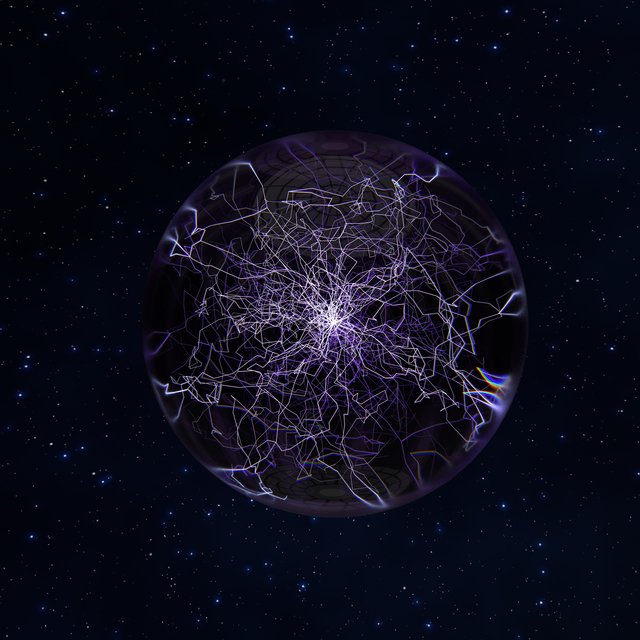Time #DarkMatter. Dive into the mysterious world of physics as we uncover five perplexing phenomena that continue to elude scientific explanation. From the enigma of dark matter to the paradoxes of quantum mechanics, join us as we unravel the complexities that baffle even the brightest minds in the field.
Dark Matter Exists

Invisible Mass
On the list of things that physics can’t fully explain yet is dark matter, an invisible form of matter that exerts gravitational forces on galaxies and other celestial bodies.
Galactic Rotation
Now, another perplexing mystery is the way galaxies rotate. Observations show that galaxies spin at a much faster rate than expected based on the amount of visible matter present.
For instance, if we consider only the visible matter in a galaxy, the outer regions should rotate more slowly than the inner regions. However, measurements contradict this expectation, suggesting the presence of unseen dark matter influencing the speed of galactic rotation.
Time is Relative

Clocks Run Differently
Modern physics has firmly established that time is not a fixed constant but a relative concept.
One intriguing implication of this is that clocks can tick at different rates depending on their motion relative to each other.
This phenomenon, referred to as time dilation, was a crucial prediction of Einstein’s theory of relativity and has been confirmed through various experiments.
Gravity Warps Time
Assuming a gravitational field affects the passage of time might sound like science fiction, but it’s actually a well-supported concept in physics.
According to general relativity, massive objects like planets and stars can warp the fabric of spacetime, causing time to pass at different rates depending on the strength of the gravitational field.
This effect has practical implications, such as the need to account for it in the global positioning system (GPS) to ensure accurate navigation. Gravity’s impact on time is a fundamental concept that continues to amaze and challenge physicists.
Quantum Entanglement

Instant Connection
Little is known about the phenomenon of quantum entanglement, where two particles become intrinsically linked regardless of the distance between them. It allows the properties of one particle to instantaneously affect the properties of the other, even if they are light-years apart.
Spooky Action Distance
Some scientists are baffled by the lack of a clear explanation for the mechanism behind quantum entanglement. The idea of ‘spooky action at a distance,’ as Einstein famously described it, challenges our understanding of the fundamental concepts of space and time.
Instantaneous changes in one particle’s state affecting another, irrespective of the physical distance between them, present a conundrum that has yet to be fully elucidated by physics.
Entanglement continues to mystify and intrigue physicists, as its implications could revolutionize our understanding of the universe and potentially lead to groundbreaking technological advancements in the future.
Free Will or Determinism

Randomness vs Causality
The discussion between free will and determinism frequently focuses on the contrast between randomness and causality.
Some contend that the universe functions in a fundamentally random manner at the quantum level, potentially enabling free will.
On the other hand, others maintain that even if randomness is present, it is still subject to the laws of causality, ultimately rendering free will as merely an illusion.
Human Choice Debated
The debate surrounding human choice is a contentious issue in the fields of philosophy and neuroscience. Some contend that our decisions are solely dictated by biological and environmental influences, thus negating the existence of free will.
Conversely, others posit that there exists a level of autonomy that enables us to make decisions unaffected by these external factors.
Debated for centuries, the question of whether humans truly possess free will or if our actions are determined by factors beyond our control continues to captivate both scholars and the general public.
While advancements in neuroscience shed light on the processes underlying decision-making, the philosophical debate rages on, raising profound questions about the nature of consciousness and agency.
The Universe Began

Singularity Explained
Many theories point to the idea that the universe began as a singularity, a point of infinite density and temperature. However, physics still struggles to explain what existed before this point or what triggered the Big Bang.
Origins Still Mysterious
There’s a deep mystery surrounding the origins of the universe. While the concept of the singularity provides some insights into the beginning of our cosmos, the exact mechanisms that led to the creation of the universe remain shrouded in mystery.
Singularity is a concept in physics where all laws of physics break down due to infinite values. This makes it challenging for scientists to accurately describe what happened at the moment of the Big Bang.
Still, the question of how the universe began continues to perplex physicists and cosmologists alike, leaving us with one of the most profound and enduring mysteries of our existence.
Conclusion
Considering all points, it is clear that there are still many mysteries in the field of physics that remain unexplained.
From the nature of dark matter and dark energy to the paradoxes in quantum mechanics, there is much for scientists to continue exploring and discovering.
These unanswered questions serve as a driving force for further research and innovation in the fascinating world of physics.
